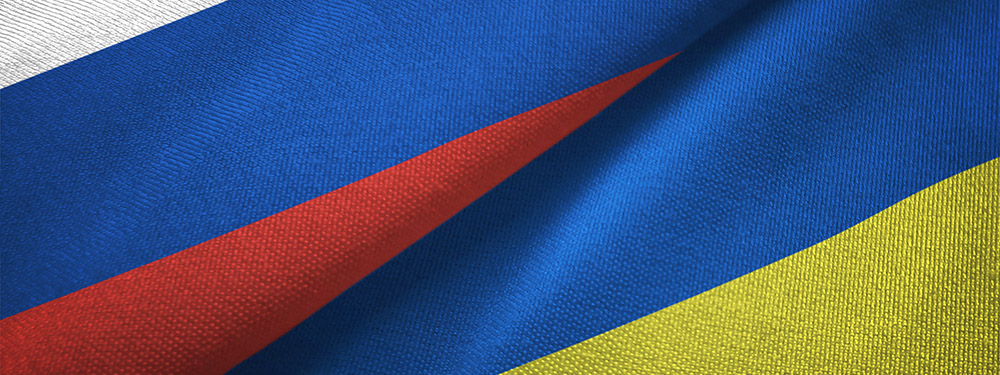
CEO, Sue Williamson on the escalating situation in Ukraine, and why we should remember it’s not the Russian people.
Among the many challenges facing school leaders and staff is how to explain to children and young people what is happening in Ukraine. The last thing that is needed is to create dislike or worse against the Russian people. The political leadership in Russia must bear the responsibility.
My late husband was in the first intake of the Joint Services School for Linguists. He had completed his six weeks of basic training as part of his National Service and was about to be sent to fight in the Korean War. John was an ex-grammar school lad and spoke French and German. He was offered the chance to go to JSSL in Bodmin, Cornwall. Unsurprisingly, he accepted the offer and went to learn Russian. He met other young men from around the country and together they were taught the language and culture by white emigres, who had fled from Russia. One of the tutors, Koshevnikov, a white Russian, had been an interpreter at the Nuremburg Trials. His elderly mother lived in London and as a young girl she had played leapfrog over the dining salon chairs in the Winter Palace in St. Petersburg with the last Tsarina of Russia.
The teaching was good, and the young servicemen were tested every week. Failure meant that they were returned to their units and shipped off to Korea. The incentive to pass was strong. Once they had completed their training, they were shipped around Europe to spy on Russian activity. They never talked about their work as they had signed the Official Secrets Act. Once National Service was completed, they went off to their civilian careers, but every year were called back for training and work.
John stayed in touch with his ‘mukkers’ from JSSL and he maintained an interest in the culture and language. We went to St. Petersburg and visited the Winter Palace – John was disappointed that it was not laid out as a palace – he had wanted to see the chairs in the dining room. He loved speaking Russian and was complimented by many people on his beautiful accent. He was asked where he had learnt the language – he never said, as he did not want to hurt their feelings. We took photographs for a group of young sailors – they wanted to practice their English. We laughed together.
I am reminded of those young sailors when film is shown of captured Russian soldiers, who are frightened and confused. They do not know or understand what their mission is. It says much for the Ukrainian people that they are feeding the captives and allowing them to ring their families back home. True humanity in a horrendous time.
Now, it is difficult to see how this will end in any other way than tragedy. The hope for the future must be in the acts of humanity we are seeing and in the number of Russian people taking to the street to protest against the war. We can only make our feelings known and contribute to the humanitarian efforts. It is for the political classes to bring this to a conclusion.
We stand with you, our colleagues, and the people of Ukraine
During these uncertain times, we want to assure you that we are here for you and want to listen. If you have any concerns about yourself, colleagues or your young people; please do get in touch with us, and let’s work together to support your school.
